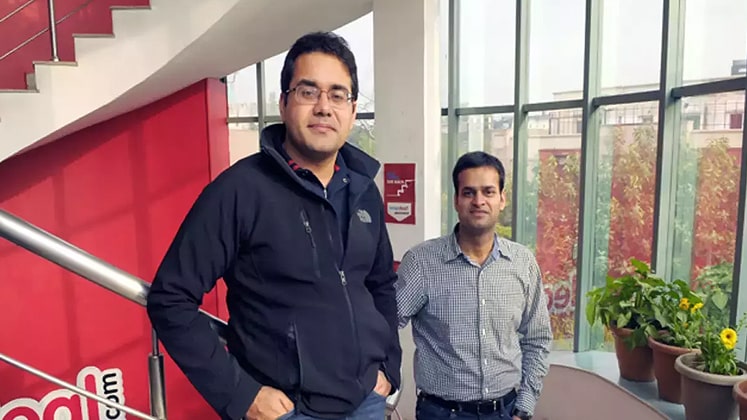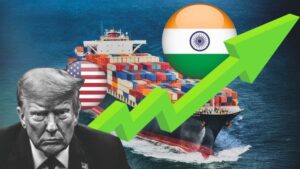
Kunal Bahl, Co-founder and CEO, Snapdeal, along with his partner Rohit Bansal, has been instrumental in turning around the fortunes of the company that was on the verge of being acquired by Flipkart in 2017.
Nikesh Arora, who was heading the investment section for Softbank in India, had led to Softbank’s investment into Snapdeal back in 2014 at a valuation of US $ 1.8 billion, which rose to US $ 6.5 billion in early 2016. However, Snapdeal soon started losing its market share to Flipkart and unfortunately around this time Nikesh Arora left adding to the troubles of Snapdeal.
In 2017, Softbank tried a merger between Snapdeal and Flipkart and the former’s valuation for the merger was US $ 900 million to US $ 1 billion. The deal, however, fell through.
Kunal says it was one of the worst periods for Snapdeal. The number of daily shipments on the platform too fell from 2,00,000 a day to 20,000 to 30,000 a day.
The company then shored up the capital by selling Freecharge and logistics unit Vulcan. By early 2018, the company had nearly Rs, 1,000 crore in the bank and had cut cash burn by 95 per cent to under Rs. 10 crore a month.
Kunal and Rohit’s aim of avoiding external capital funding worked wonders and Snapdeal started attracting lot of people back into management. “In June 2018, we became cash positive and there has been 100 per cent cash burn and also the morale of the team is at an all-time high,” said Kunal.
In August 2018, Snapdeal floated a resolution to convert all the preference shares into plain equity shares, according to filings with the Registrar of Companies. Kunal called up shareholders of the company to vote in favour of the change, which would help incentivise the founders and the management team.
Softbank, the largest shareholder with 36 per cent stake, voted for it. Kunal says that all investors now hold common equity shares in the company.
Snapdeal currently has a gross merchandise value run rate of over US $ 600 to 700 million and shipments too have increased to nearly 125,000 to 150,000 daily, attributed entirely to the efforts and business strategies of Kunal Bahl and Rohit Bansal.







